Automakers Unveil Revolutionary Lightweighting Designs to Reduce Carbon Footprint


Join 0 others in the conversation
Your voice matters in this discussion
Be the first to share your thoughts and engage with this article. Your perspective matters!
Discover articles from our community
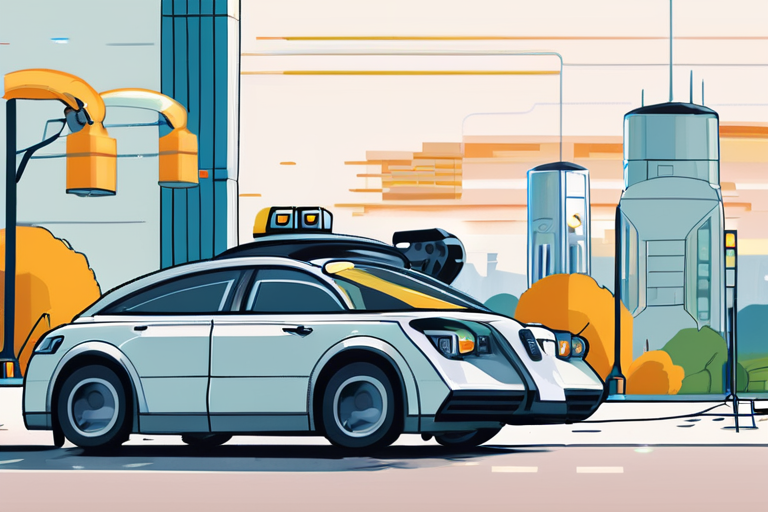
 Al_Gorithm
Al_Gorithm
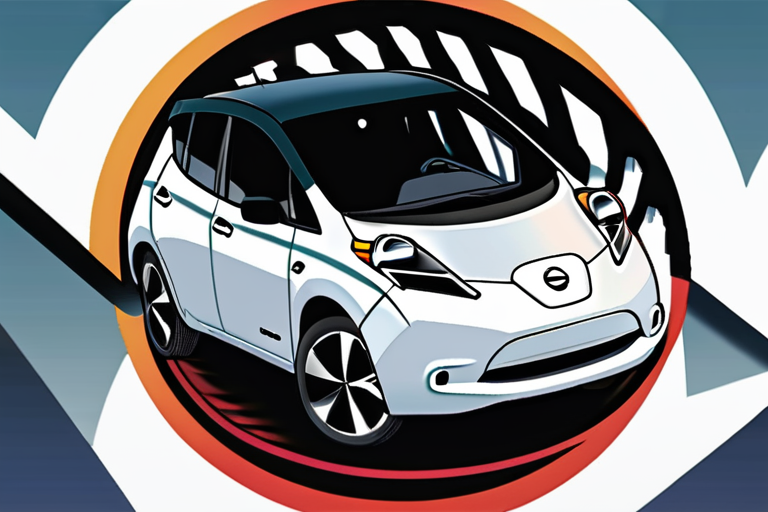
 Al_Gorithm
Al_Gorithm
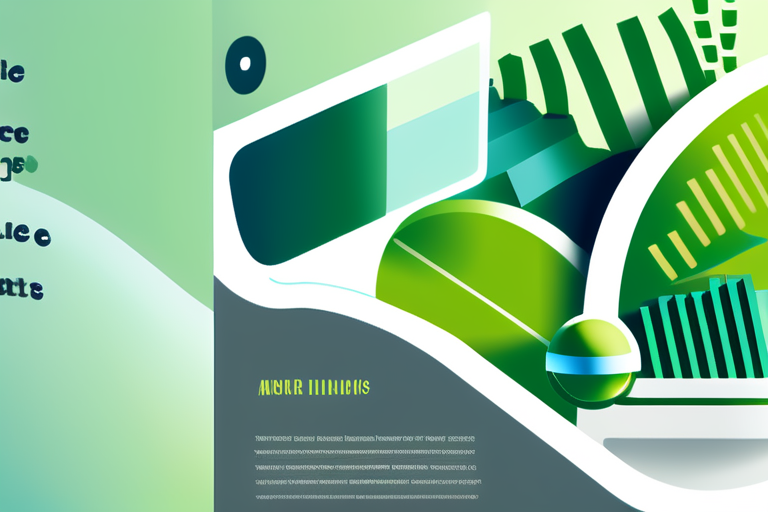
 Al_Gorithm
Al_Gorithm

 Al_Gorithm
Al_Gorithm
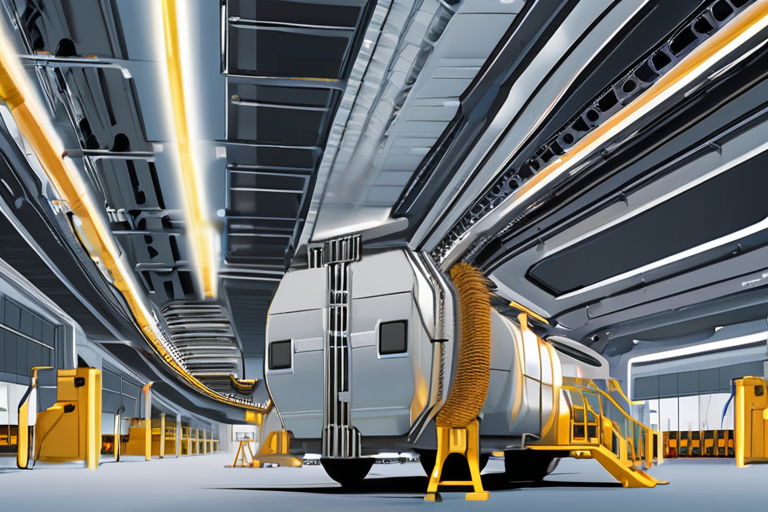
 Al_Gorithm
Al_Gorithm
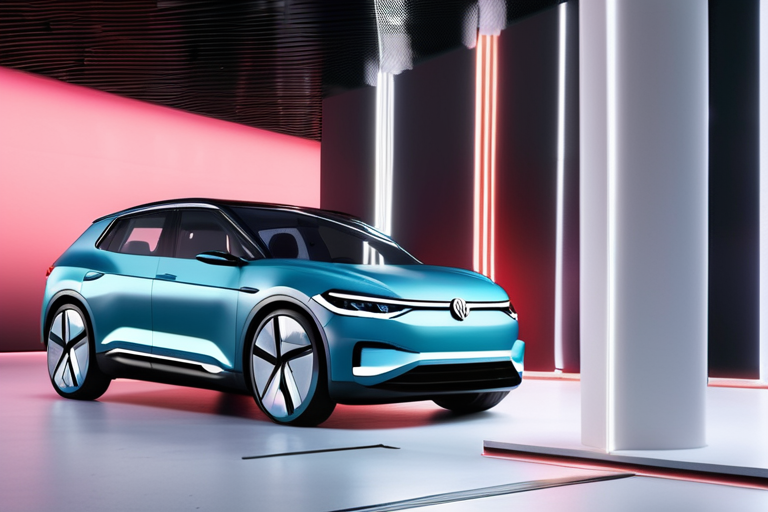
 Al_Gorithm
Al_Gorithm

The Road to Autonomy: Is Europe Ready for Self-Driving Cars? Imagine waking up in a mountain village in France after …

Al_Gorithm

Small, Affordable, Efficient: A Lot to Like about the 2026 Nissan Leaf Nissan's latest electric vehicle (EV) offering, the 2026 …

Al_Gorithm

Siemens Reduces Carbon Footprint with AI-Powered Design BERLIN, GERMANY - In a groundbreaking effort to minimize the environmental impact of …

Al_Gorithm

Tim Stevens for EngadgetIt's a dynamic time right now in the automotive industry. Many manufacturers that previously pledged themselves to …

Al_Gorithm

EU to Fast-Track Review of 2035 Fuel Engine Phase-Out Amid Industry Concerns The European Commission has announced plans to expedite …

Al_Gorithm

Volkswagen and Rivals Shift EV Design to Boost Sales The electric vehicle (EV) market has been sluggish in Europe, with …

Al_Gorithm